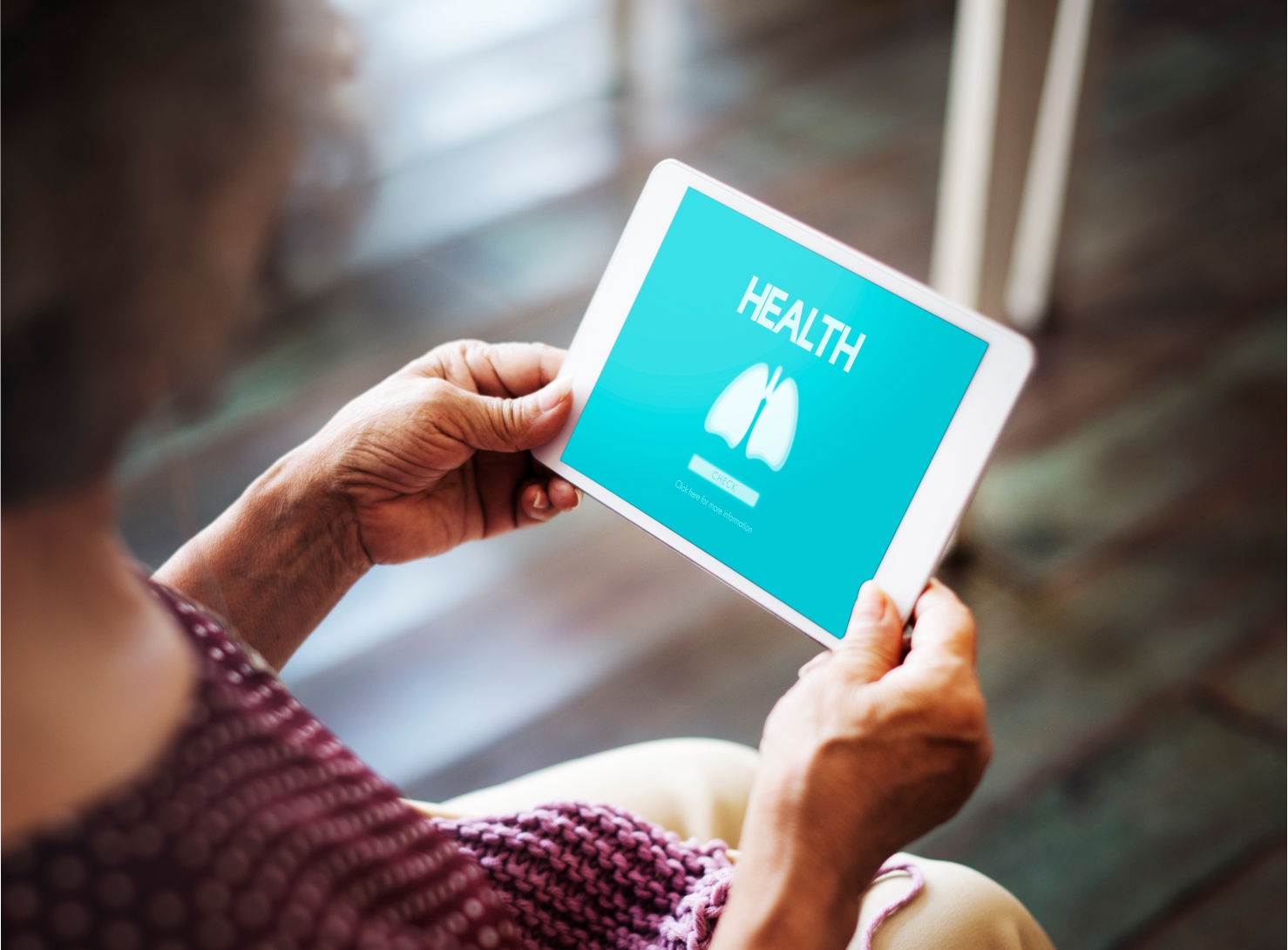Overview
hcsm is an acronym for Health Care Communications and Social Media. The role of social media in healthcare isn’t as simple as marketing to gain exposure, hcsm is the practice of using social media and the web ethically and effectively as a tool to promote healthy behaviours, disseminate research, participate in public health debate, gain access to global medical education, expand professional networks, stay tuned into current trends like emerging technologies within a field of practice, follow and promote live medical events as well as improve the generation of online data through a set of standards like the constructive use of healthcare hashtags. There are over 30 hcsm geographic communities on Twitter which include Canada (#hcsmCA), Europe (#hcsmEU) and the global thread (#hcsm) originally established by Dana Lewis in the USA which has over 32, 000 subscribers. A comprehensive list of all the hcsm communities is available on Symplur’s Healthcare Hashtag Project which is the world’s largest and only index of registered, standard health hashtags.
History
hcsmSA was established by Vanessa Carter in 2013. Vanessa is a patient advocate for antibiotic resistance as well as facial differences. Prior to her advocacy, as a professional, she spent 18 years in graphic design and advertising which included online marketing that enabled her to establish the first online hcsm community locally. Her expertise and patient experience have further contributed towards the first Accredited CPD Courses in South Africa focusing on digital literacy gaps such as the use of health hashtags, social media, good digital citizenship and the fundamentals of 21st-Century e-Patients. Vanessa has presented at numerous international events including Doctors 2.0 and You, Paris, the Africa CDC at the African Union, Maynooth University’s e-Health Connect Summit in Ireland and local events including the Federation of Infectious Diseases of South Africa (FIDSSA), the Public Health Association of South Africa (PHASA) and the South African Pharmaceutical Expo (SAPHEX) held at the Sandton Convention centre in Johannesburg. Vanessa is also currently an e-Patient Scholar at Stanford University’s Medicine X Programme in Silicon Valley, USA which focuses on the intersections between patient-centered innovation and emerging technologies. Read more about Vanessa’s advocacy work at www.vanessacarter.co.za.
Twitter chat
hcsmSA currently moderates a monthly Twitter chat to discuss various health issues in South Africa with a diverse group of stakeholders which include doctors, scientists, start-ups, entrepreneurs, patient advocates, charities, journalists, IT developers, design companies, marketing companies, pharmaceutical professionals, academics, students, nurses, caregivers and policy-makers both locally and globally. We model our topics around the Sustainable Development Goals (SDGs) and record our sessions on a transcript which is made available to the public, for research purposes on Symplur. Members use the hashtag #hcsmSA after the chats to share quality health-related information relative to South Africa. #hcsmSA was the first Twitter chat in South Africa and today remains the only one which focuses on e-Health and sustainable development.
Twitter chat topics have included e-Health and HIV / AIDS in South Africa, One Health and Smart Data, Cancer, Rare Diseases, Tuberculosis, Diabetes, The Future of Medical Education, Entrepreneurship and Digital Health Innovation, why Electronic Health Records matter (EHR’s) and Tackling Antimicrobial Resistance Globally. Twitter was the platform of choice for the discussions because of the open-access policies they provide making it easier and more affordable to measure sentiment, record data and reach a much wider global audience. For this reason of open-access, some experts have also referred to Twitter as the Gold Standard when it comes to Healthcare Social Media. The Twitter chat blogs and an overview of the community can be read at www.hcsmsa.org. Past transcripts are available on Symplur.
CPD Courses
Although the courses are accredited for medical professionals, we aim to help close gaps in digital health literacy at multiple levels, meaning that anyone can attend, including civil society. We hope to equip not only doctors, nurses and pharmacists but also other professionals entering the field of e-Health too; such as policymakers, patient advocates, NPO’s, startups and entrepreneurs, payers, medical students, data scientists, designers and IT developers as well as community health workers. E-Health is a very multi-sectoral, dynamic industry that can only benefit if all stakeholders are included in learning opportunities so that it encourages cross-disciplinary networking and education online. Social media platforms enable that not only on a local level but globally. Every citizen that is empowered with the right skills matters to the effectiveness of digital health systems and quality-driven data. Stay tuned to learn more about our upcoming courses.


